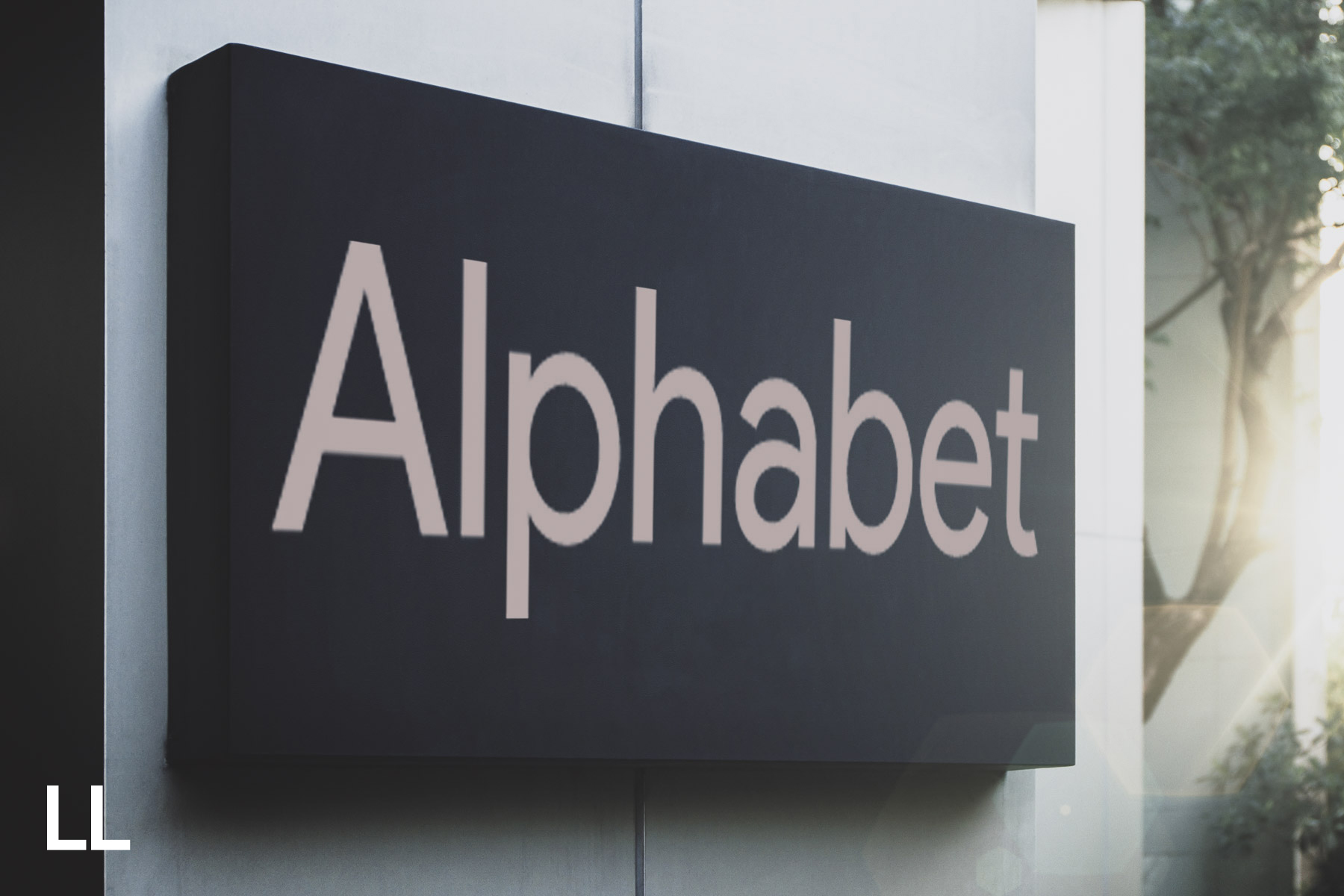an introduction to alphabet

The world welcomed a new company today, one with an usually established foothold in the global marketplace. Google, rather quietly, announced today that they would be taking on a new corporate identity in Alphabet, a parent company that will now own a host of individual Google businesses and ventures, the biggest of course, being Google itself. In a blog post, Google announced that Google founders Larry Page and Sergey Brin would now move to Alphabet, as CEO and President, respectively.
The statement on the company’s blog reiterated a portion of Google’s core identity from its inception: “Google is not a conventional company. We do not intend to become one.” Echoing this statement of purpose and intent feels an appropriate: The inception of Alphabet is certainly a bold move.
“Alphabet is mostly a collection of companies. The largest of which, of course, is Google,” the statement read. “This newer Google is a bit slimmed down, with the companies that are pretty far afield from our main Internet products contained in Alphabet instead.”
The logic behind the transition into a new umbrella company seems to be a reflection of the unique way in which Google’s foresight and ventures have taken the tech giant into places that seemed far outside of their jurisdiction. In recent years, the acquisition of Nest prompted questions about Google’s expansion into domestic technology, yet some of the ventures that Page mentions in the statement make Nest look like an integral part of Google’s business platform. Page references health efforts, like a Life Sciences division that is working to develop the glucose-sensing contact lens, and Calico, a research and development venture into the very nature of aging. Their blog post even nods to explorations into Wing, a drone delivery service.
As Google’s groundbreaking founders continue to push the limits of how technology can integrate into daily life, the move to Alphabet allows each of these individual entities to focus on the granular aspects of their operations. Page notes that the decision to form Alphabet Inc. was a transition to thinking about “taking the long-term view,” and “investing at the scale of the opportunities and resources we see.” Trying to do all of that while still operating a giant conglomerate like Google seems like an ambitious undertaking, indeed.
what does this mean for Google as we know it?
The relieving answer is: Not much. While the new leadership will undoubtedly bring innovation and continue to drive the improvement of Google’s products, not much will change from a user-experience point of view. The user’s satisfaction will still be the driving force behind the vision of Google Inc., and many of the core algorithms, products, and services that users have come to associate with Google will remain core components of the product we all use daily.
From a personnel point of view, Sundar Pichai will be taking the reins of Google Inc., and appears to be a CEO molded by Page and Brin. Page expressed his gratitude for working with someone of Pichai’s ability, commenting that “Sundar has been saying the things that [Page] would have said (and sometimes better!) for quite some time now…It is clear to us and the board that it is time for Sundar to be CEO of Google. I feel very fortunate to have someone as talented as he is run the slightly slimmed down Google,” Page continued, and added: “And this frees up time for me to continue to scale our aspirations.”
As these additional ventures now become the labor of love for Larry Page and Sergey Brin, Pichai will be devoting time to Google and the Internet products with the same spirit of innovation that we have all come to expect. It will be interesting to see how Page and Brin continue, and fascinating to see what new paths these truly innovational leaders will forge.
The ABCs just got a lot more interesting!
